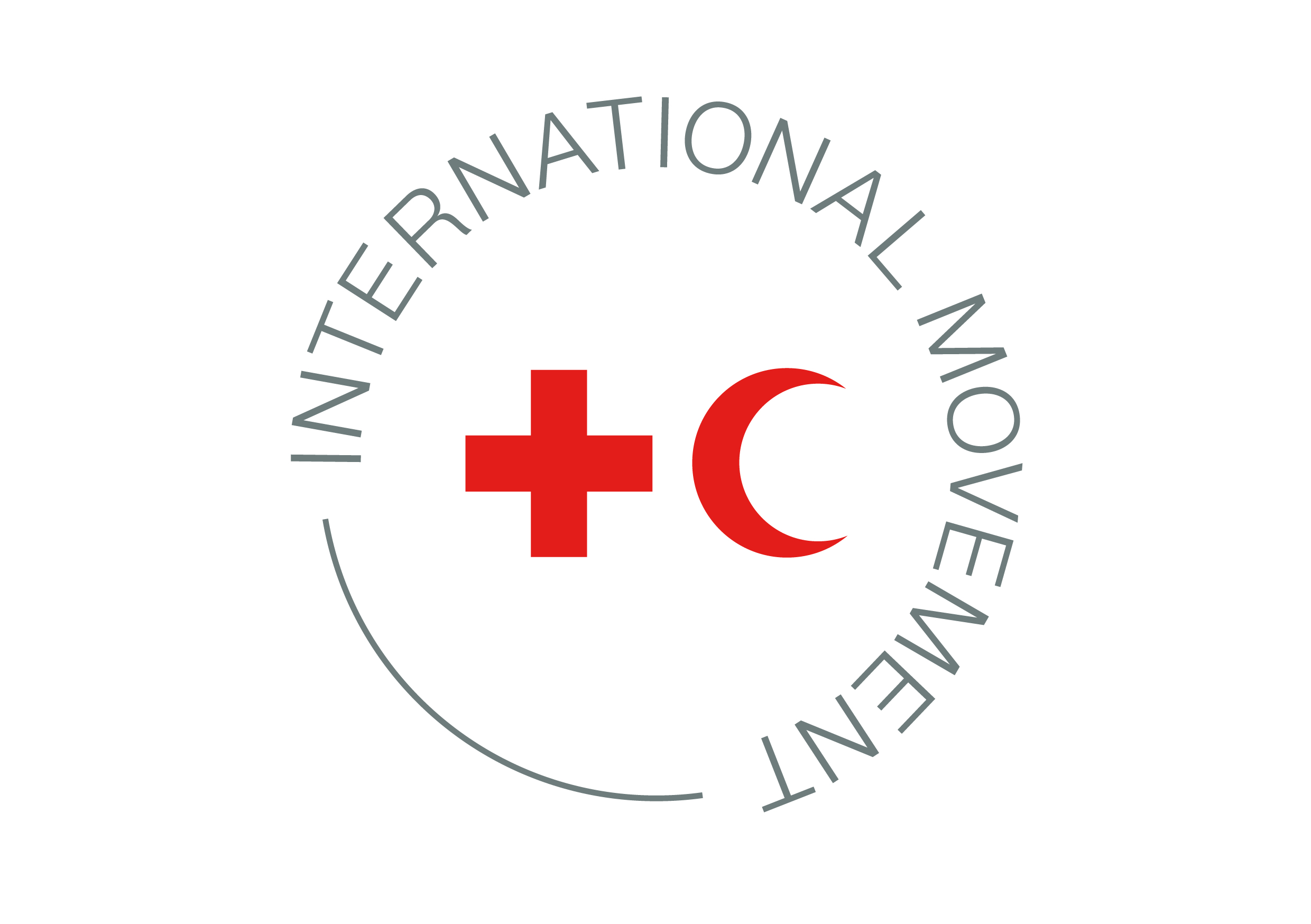-
Has your State/National Society/Institution incorporated the commitments contained in this resolution into the relevant strategic or operational plans?
YesThe commitments are incorporated into:
Strategy
Policy
Operational planAt the Regional, National level
Explanation:
A new MHPSS Focal Point has been established at the SRC HQ since 2022 /2023. This Focal Point serve as a hub for coordinating the implementation of the following six Priority Action Areas within the SRC HQ and with the cooperation system:
- Guarantee a basic level of psychosocial support and integrate MHPSS across sectors
- Develop a holistic MHPSS approach between the different components of the cooperation system
- Protect and promote the mental health and psychosocial well-being of staff and volunteers
- Demonstrate the impact of MHPSS interventions through research, evidence, monitoring and evaluation
- Strengthen resource mobilization for MHPSS in humanitarian response
- Mobilize political support for MHPSS (humanitarian diplomacy and advocacy
-
Has your State/National Society/Institution been working with other partners to implement the commitments contained in this resolution?
YesPartner with:
National Red Cross or Red Crescent Society in your country
Government and/or public authorities
ICRC/IFRC
Other National Red Cross or Red Crescent Societies
AcademiaExamples of cooperation:
With the support of the Swiss Federal Office of Public Health and the Swiss State Secretariat for Migration, the SRC is implementing a new, low-threshold care solution with digital psychological and psychosocial support for refugees and various peer-to-peer projects.
Together with representatives from various National Red Cross and Red Crescent Societies, the ICRC and the IFRC PS Centre, the SRC is co-leading the implementation of the MHPSS Roadmap. The SRC coordinates the working group on Priority Action Area 4 “Demonstrate the impact of MHPSS interventions through research, evidence, monitoring and evaluation” and leads the Digital MHPSS working group with the aim to develop, test and document the impact of innovative approaches, including digital MHPSS interventions.
The digital service with psychological and psychosocial support for refugees was developed together with four universities (Bern, Lausanne, Zurich and FU Berlin) and is being evaluated by the University of Bern in an extensive RCT.
-
Have you encountered any challenges in implementing the commitments contained in this resolution?
No -
Have the commitments contained in this resolution had an impact on the work and direction of your State/National Society/Institution?
YesType of Impact:
Cooperation between Government/public authorities and National Society has been strengthened
Programming and operations have become more effective and efficient
Innovative tools/methodologies have been developed and are utilized
Partnerships with other humanitarian actors have been created or enhanced
Increase in mobilization of resources
Training and capacity of staff and volunteers has increased (for National Societies)Details about the impact:
To enable the implementation of the resolution in the SRC, a MHPSS Focal Point has been set up 2023. This with the aim to coordinate the various efforts at the HQ and in the cooperation system around the topic of MHPSS.
Thanks to intensive discussions with various federal agencies and authorities different MHPSS projects could be set up and co-financed with federal funds (eg PM+).
The MHPSS Focal Point also launched an impulse program to finance the multiplication of low-threshold MHPSS services, quality assurance measures and the development of trainings for staff and volunteers. Thanks to the coordination and harmonization of projects via the Focal Point, synergies could be made more visible and utilized efficiently.
Moreover, to address the gap in MHPSS services in Switzerland, the SRC has developed a low-threshold, digital service with psychological and psychosocial support for refugees. The guided self-help app was developed with the involvement of the target group and in collaboration with various humanitarian actors in Switzerland.
-
Have the commitments contained in this resolution had an impact on the communities that your State/National Society/Institution serves?
YesDescription of the impact:
In the course of the implementation of the respective resolution, numerous new low-threshold services for vulnerable target groups – especially refugees – were developed within the SRC and its cooperation system to guarantee the basic level of psychosocial support.
Further, more staff and volunteers across sectors were trained in basic PS and PFA skills so that more communities can be reached and served with basic or focused PSS or PFA and persons in need of more specialized MHPSS services can be identified and properly referred.
In addition, more emphasis was placed on the well-being of staff and volunteers. Trainings focusing on the factors that protect and promote their mental health and psychosocial well-being are being developed and/or promoted. The protection of the mental health and psychosocial well-being of staff and volunteers is vital to the provision of sustainable quality humanitarian services to the communities.
Moreover, thanks in part to the close cooperation with academia, the capacity in building evidence and learning related to MHPSS interventions was strengthened, which improved the efficiency and effectiveness of MHPSS with a view to reaching more people with appropriate mental health and psychosocial support.
Finally, the SRC repeatedly influenced national policy by advocating for the provision of a basic level of psychosocial support to the most vulnerable (e.g. unaccompanied refugee children) and people who are facing discrimination and exclusion.
The International Committee of the Red Cross, the International Federation of Red Cross and Red Crescent Societies, and the Standing Commission of the Red Cross and Red Crescent, in its function as Trustee of the International Conference of the Red Cross and Red Crescent (the Conference), cannot be held responsible or liable in any manner for any user-generated content or posts on this Database. In the event that the Website team considers any post or content to be incompatible with the Fundamental Principles of the International Red Cross and Red Crescent Movement and/or with the objectives of the Conference, it reserves the right to remove such content.

